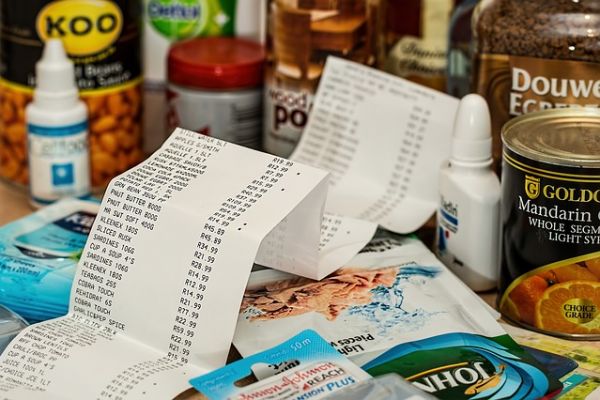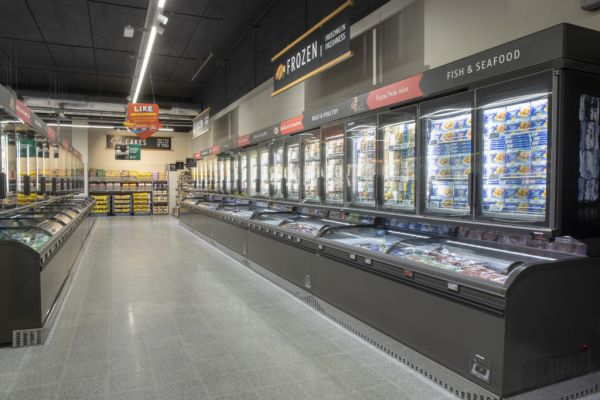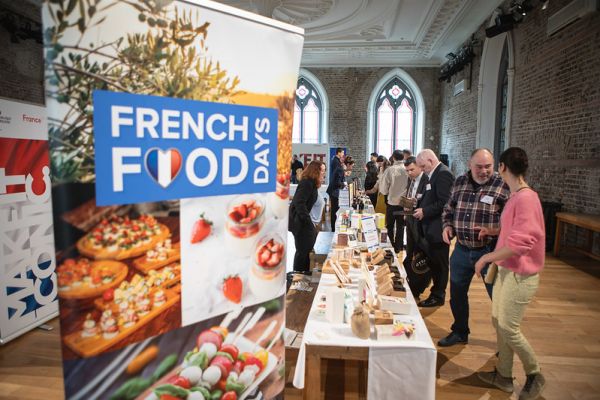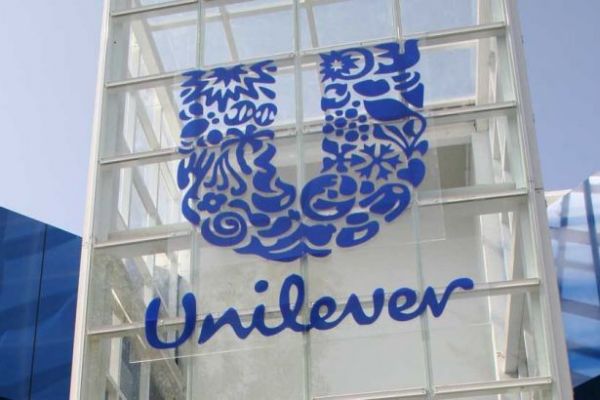A proposed sin tax on unhealthy food made by the World Health Organisation (WHO) could increase Irish family spending by up to €607 a year, according to the Institute of Economic Affairs in the UK.
The WHO and Michael Bloomberg are set to drive governments all over the globe to dramatically increase ‘sin taxes’ on food and drink that they deem to be unhealthy.
The WHO is proposing a 20% tax on unhealthy food, claiming that it can lead to a reduction in consumption of around 20%.
Piling On The Pressure
The WHO’s definition of ‘unhealthy’ food circles products deemed high in fat, sugar, salt or calories. This could mean tax rises for consumers of milk drinks, breakfast cereals, confectionery, baked goods, yoghurts, crisps, bread, soup and lunchbox staples such as sliced ham.
Analysis from the IEA has warned that rather than reducing obesity, which similar taxes worldwide have shown no evidence of success, a 20% sin tax on food considered unhealthy by the WHO would just increase the price of food and groceries - putting further pressure on Irish families.
The IEA claim that sin taxes are a reliable source of revenue precisely because they simply raise the cost of living. It added that whilst they are intended to reduce consumption of demerit goods and indirectly improve health, the products being targeted are price inelastic, meaning consumers will be forced into paying more for their food and drink.
Christopher Snowdon, Head of Lifestyle Economics at the Institute of Economic Affairs, said, “Taxing the groceries of ordinary families will only succeed in making them poorer, when all the credible evidence shows that the best way to improve health is to make people richer.”
“The nature of the taxes would inevitably hit poorest households hardest. Our analysis is confined to four rich countries; the impact would be even more severe in developing countries,” the IEA said.
© 2018 Checkout – your source for the latest Irish retail news. Article by Aidan O’Sullivan. Click subscribe to sign up for the Checkout print edition.






